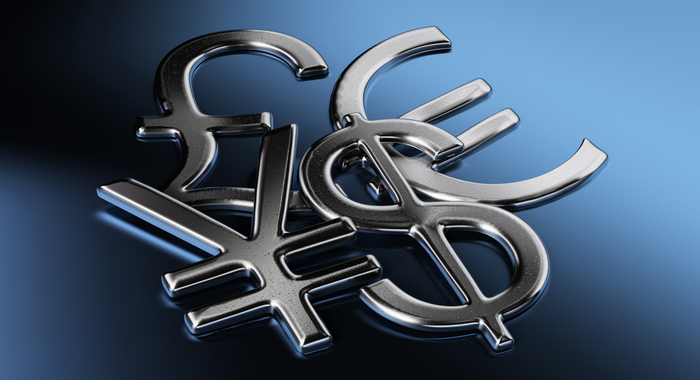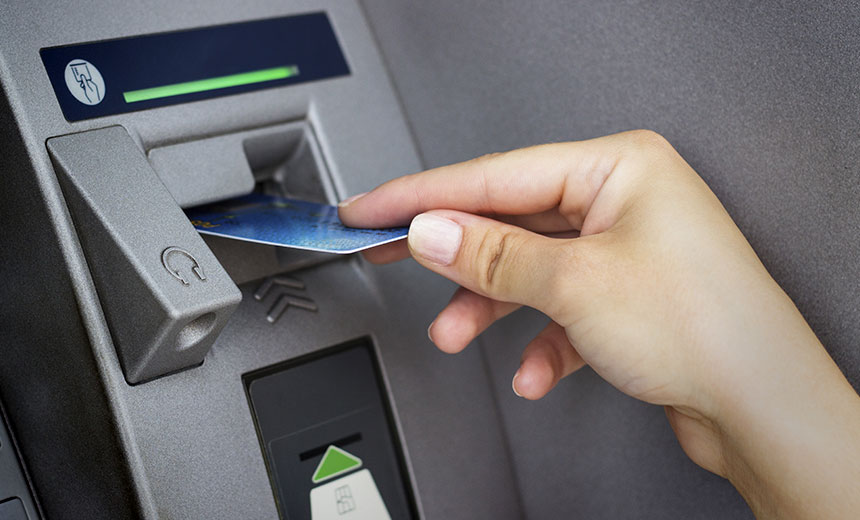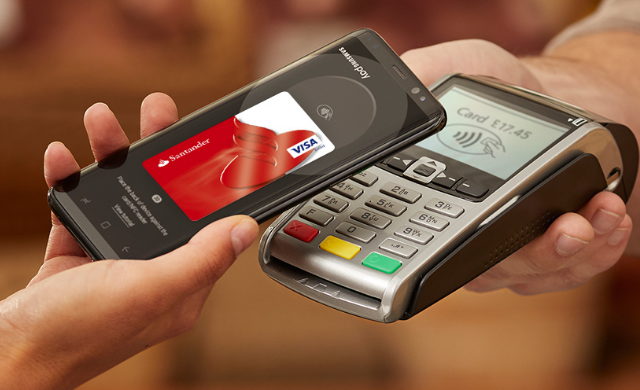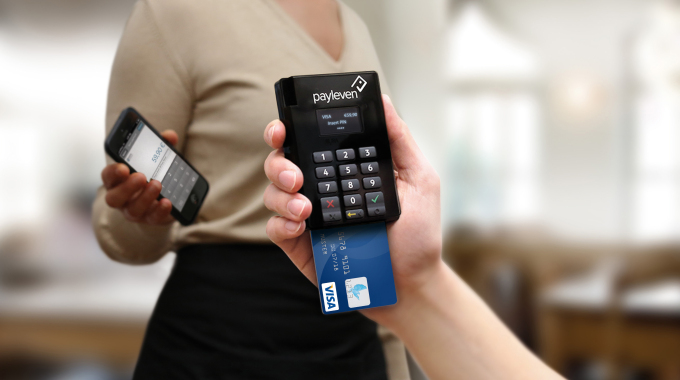US ATM operators petition Visa to lift DCC prohibition
The National ATM Council has sent a formal public petition to Visa on behalf of consumers and the U.S. ATM industry seeking elimination of network rules that prohibit ATM operators in the United States from providing dynamic currency conversion services to international Visa cardholders.

According to a press release, the petition included “many hundreds” of signatures from consumers and company representatives, and was accompanied with supporting data that highlighted the ready acceptance and repeat use of DCC services among MasterCard cardholders using U.S. ATMs.
“DCC services provide the transparency and real-time information needed by consumers from abroad to better understand their cash withdrawals from U.S. ATMs in terms of the cardholder’s home currency,” NAC Executive Director Bruce Renard said in the release. “Importantly, with DCC, the cardholder is given this consumer-friendly information, along with an opportunity to opt out of the transaction once the currency conversion information has been provided.”
NAC chairman and Access One CEO George Sarantopoulos said the supporting information presented with the petition makes a compelling case for Visa to change its rules pertaining to DCC in the U.S.
“There is no good reason to withhold these services any longer, from either a consumer or industry perspective, and we are hopeful that VISA will embrace this request and grant our petition on an expedited basis,” he said.
The petition asks Visa to authorize the provision of DCC services on Visa transactions at U.S. ATMs effective April 1



